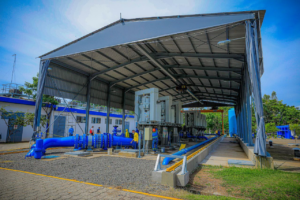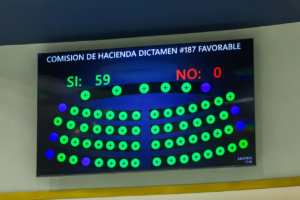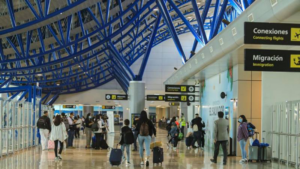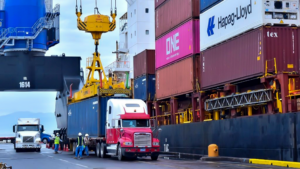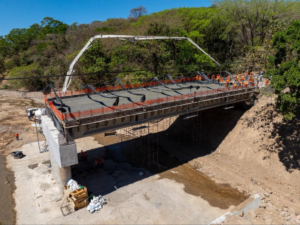
A new framework for a Reciprocal Trade Agreement between El Salvador and the United States marks a milestone in the bilateral economic relationship, opening unprecedented opportunities to strengthen Salvadoran exports, attract foreign investment, and modernize regulatory processes between the two countries.
According to the Asociación Salvadoreña de Industriales (ASI), this achievement is the result of high-level negotiations between President Nayib Bukele, his economic team, and the salvadoran diplomatic mission in the United States. The organization emphasized that the decision confirms the strong trade relationship El Salvador has cultivated with the United States, allowing it to join a select group of countries with preferential trade agreements.

The framework of the agreement deepens the existing alliance under the CAFTA-DR Free Trade Agreement, in effect since 2006, and establishes key commitments to facilitate trade. These include the elimination of non-tariff barriers, streamlined regulatory approvals for U.S. products—such as pharmaceuticals, medical devices, and remanufactured goods—and the adoption of U.S. automotive standards. It also includes the acceptance of electronic certificates, the simplification of free sale requirements, and the elimination of procedures such as the apostille.
In the agricultural sector, El Salvador committed to preventing obstacles to the entry of U.S. products by adopting certifications issued by U.S. regulatory authorities.

The ASI emphasized that this Agreement will boost the business climate, promote trade, and create conditions for domestic and foreign investors to continue investing in the country. It will also contribute to the fulfillment of the “2025-2029 Industrial Development Plan”, focused on consolidating markets and integrating the salvadoran productive sector into global value chains.
You can also read:



